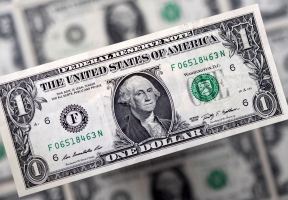
On Monday, Representative Jesús “Chuy” García (IL-04), a member of the Financial Services Committee, and the Subcommittee on National Security, International Development and Monetary Policy, joined Representatives Stephen F. Lynch (MA-08), Chairman of the Task Force on Financial Technology, Rashida Tlaib (MI-13), Ayanna Pressley (MA-07) and Alma Adams (NC-12) in introducing H.R. 7231, the Electronic Currency and Secure Hardware (ECASH) Act, which would develop an electronic version of the U.S. Dollar for use by the American public. This innovative legislation would promote greater financial inclusion, maximize consumer protection and data privacy, and advance U.S. efforts to develop and regulate digital assets. In January of 2022, the Federal Reserve released its white paper on a potential U.S. central bank digital currency and other digital payment methods – underscoring the importance of exploring a wide variety of design options.
President Biden issued his Executive Order on Ensuring Responsible Development of Digital Assets – providing that the Administration places the “highest urgency on research and development efforts” into digital dollar design, including assessments of financial inclusion, possible benefits and risks for consumers, existing payment systems, and national security. In line with these guidance and directives, the ECASH Act would establish a two-stage pilot program led by the U.S. Department of the Treasury to develop and issue an electronic version of the U.S. Dollar that promotes consumer safety and privacy, financial inclusion and equity, and anti-money laundering and counterterrorism compliance. To maximize consumer protection and data privacy, the bill requires Treasury to incorporate key security and functionality safeguards into e-cash that are generally associated with the use of physical currency – including anonymity, privacy, and minimal generation of data from transactions.









